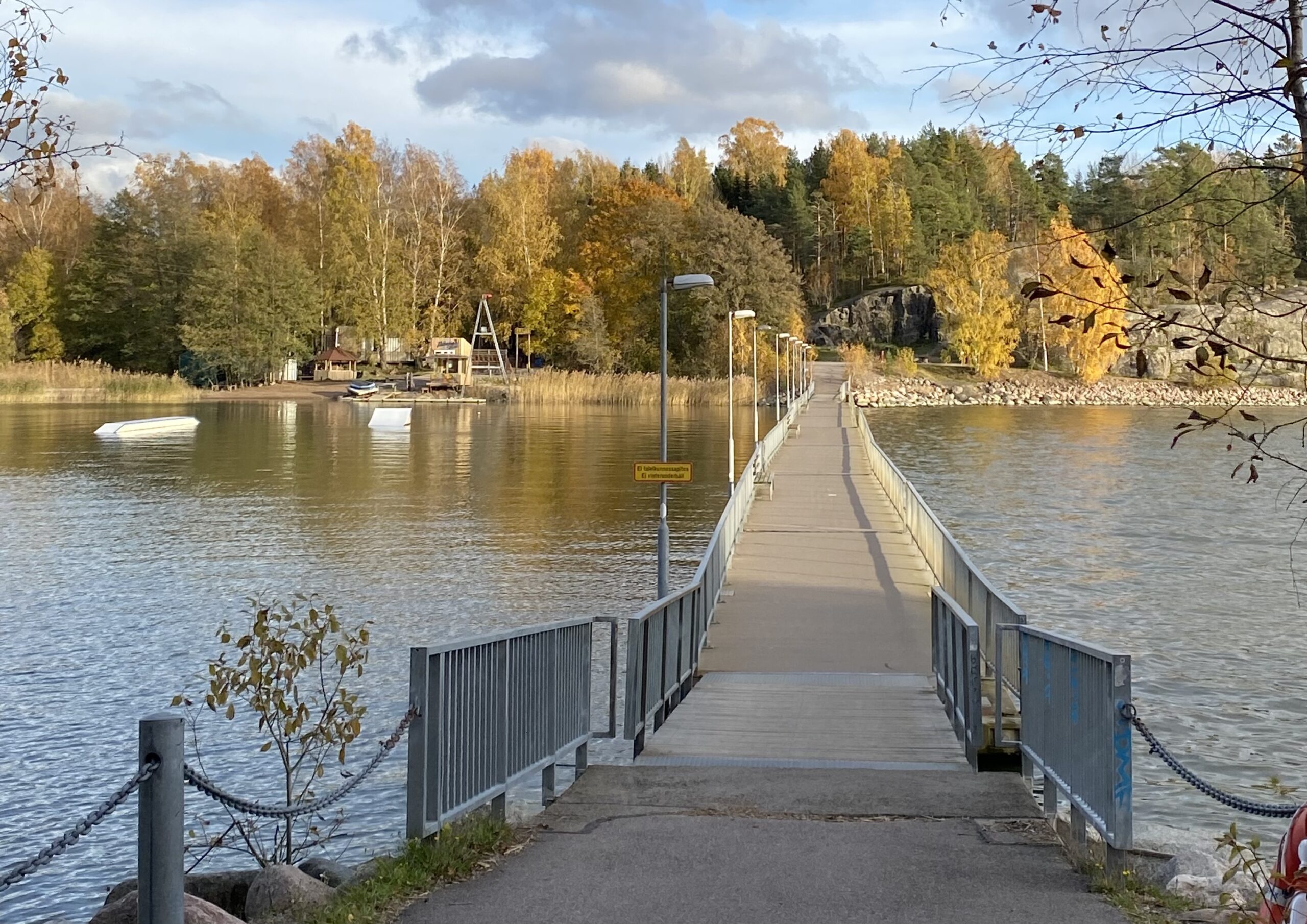It feels to me like Finland is going through a lot of changes right now.
When people in other countries told me they look to Finland for good practice, I don’t think it was misplaced. I’m finding evidence of that everywhere I go. There is creativity, and expertise borne of long experience. People agree entitlements and support services are good.
But I’m picking up concerns, too. Finland’s position as one of the best nations in the world to live in – it has taken top spot in the the World Happiness Report for four years running – is greeted with a mixture of pride and scepticism.
The world happiness ranking is based on live evaluations through the Gallup World Poll, gathering views directly from individuals on categories including GDP per capita, social support, healthy life expectancy, freedom, generosity and corruption within society.
“Yes, I think we are generally pretty happy,” I’ve been told, “but not so much if you have a disability.”
Economically, all services are feeling the pressure. There has been the impact of Covid, and energy costs are a factor when temperatures can drop to -30°C and below in winter. Finland shares a long land border with Russia, and spending on defence has always been a high priority.
The current government, voted in earlier this year, is looking to make savings.
There are changes in the delivery of services, too. Since January this year, responsibility for social and health care services have been transferred from the many local municipalities, who previously administered them, to 21 Wellbeing Services counties (or 23, depending on how you count them – the City of Helsinki, and the Region of Åland, are not technically wellbeing counties but operate in a very similar way).
There are split opinions on these far reaching changes, but agreement on one thing: they will take a long time to properly bed in.
And the legislative landscape is beginning to look tangled in some areas, with Acts and guidance piling on top of each other and creating a network that can be difficult to navigate.
Against this backdrop, people are very conscious of the challenges they face.
As at home, it feels more important than ever that the voices of people using services, and their families and carers, are heard.
Advocacy in Finland is widely available across many services and plays a powerful role in helping people get their views across. The welfare and support systems are comparatively generous, and geared towards ensuring an acceptable standard of living. Many of the services and NGOs I’ve spoken to have a strong outward-looking emphasis, with an explicit focus on developing new skills, building confidence and competence, and encouraging aspiration and progress in all areas of life. The special vocational education colleges such as Luovi and Live provide an educational environment that truly supports young people to flourish whatever their needs. I’ve seen excellent use of job coaches and employability initiatives at Kehtysvammaliitto and Vates, along with creative approaches to improving mental health and social inclusion at Resonaari and Kukunori.
But making sure people know about services, and how to access their entitlements, is key.
Families here, as in Scotland, are telling me it can be a real challenge to find out what is available. Good, clear communication isn’t a helpful add-on – it’s a core requirement for making a difference.
We need to be careful above all that no one falls through the cracks.

I’m in Turku, one time capital of Finland. Every year at noon on Christmas Eve, the Christmas Peace is declared from this balcony. They’ve been doing this from the same square since the 1300s and from this balcony since 1886. It tells people Christmas has begun, and the festive period is for peace and harmony.
All opinions are my own and not those of any other organisation. However I am grateful to my colleagues at ARC Scotland for making this visit possible.

If you have a burning question you’d like to ask about Finland, feel free to leave a comment below and I’ll see if I can find the answer for you!


Leave a Reply